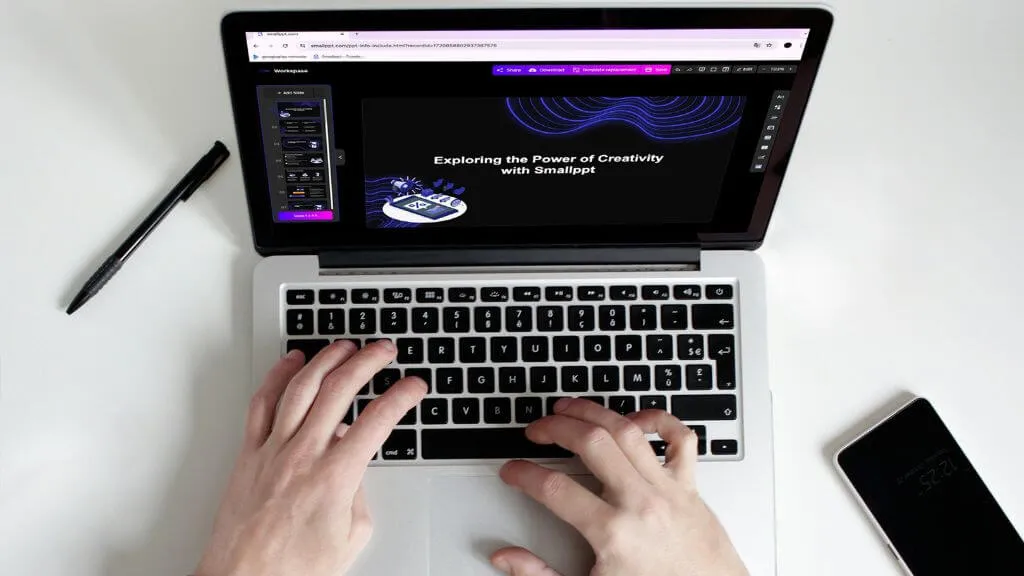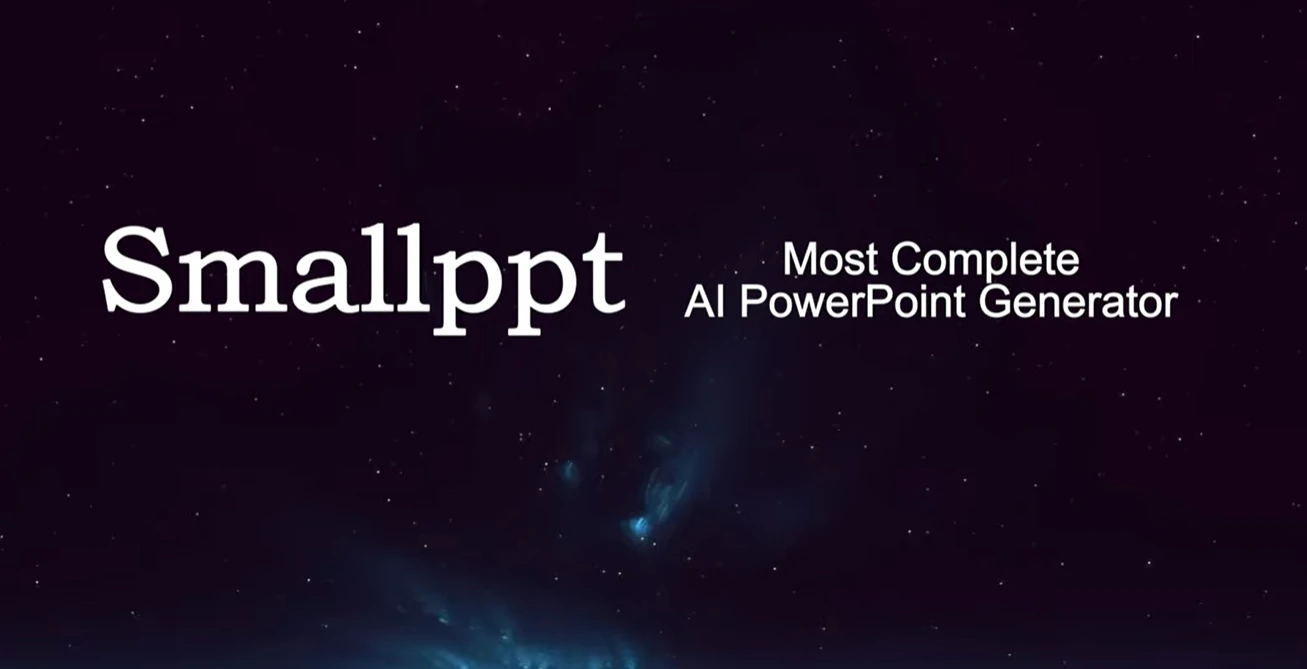
Mirai, a state-of-the-art algorithm based on deep learning, can breast cancer risk from X-rays, according to research published in Radiology. Based on this, the newly developed mammography-based deep learning model, AsymMirai, and Mirai will be used together for medical detection. With the development of artificial intelligence, research, and application of deep learning is increasing. As a subset of machine learning, deep learning delves into data and text. Deep learning is applied to AI-generated PPTs. Today, we'll explore how deep learning works in AI PowerPoint generation.
The definition of deep learning
Deep learning is a new research direction in the field of machine learning that has been introduced into machine learning to bring it closer to its original goal, artificial intelligence. It is the process of learning the intrinsic patterns and levels of representation of sample data, and the information gained from these learning processes can be very helpful in the interpretation of data such as text, images, and sounds. Its ultimate goal is to enable machines to have analytical learning capabilities like human beings and be able to recognize data such as text, images, and sounds. Deep learning is a complex machine learning algorithm that has achieved results in speech and image recognition that far exceed previous related techniques
The differences between deep learning and machine learning
Machine learning is a computer program that learns without explicit instructions. Deep learning is a specialized type of machine learning, just as a jet is a specialized type of aircraft. Both involve a computer program learning on its own from a set of data. However, deep learning can do more, just as a jet airplane is more powerful than a propeller plane or glider.
Deep learning can also learn from unlabeled data, whereas more basic machine learning models may require more data context to properly accomplish learning. Finally, deep learning models are built using neural networks. Machine learning models can be built on top of neural networks, but this is not always the case. In essence, deep learning is a more complex and sophisticated form of machine learning, capable of handling large and complex datasets with greater accuracy and efficiency.

The main types of deep learning
Deep learning is a collective term for a class of pattern analysis methods, and deep learning algorithms and models are the core of deep learning. The following are some of the main
models of deep learning.
1. Convolutional Neural Networks (CNNs): Using convolutional layers to extract hierarchical representations from images, CNNs are specialized for image processing tasks.
2. Recurrent Neural Networks (RNNs): The type suitable for sequential data processing, RNNs maintain a state to process series and are commonly used in natural language processing and time series analysis.
3. Deep Belief Network (DBN): Pre-training in the form of a multilayer self-coding neural network to further optimize neural network weights with discriminative information.
4. Generative Adversarial Networks (GANs): Consisting of a generator and a discriminator, GANs are used for synthetic data generation and have applications in image generation, style transfer, and data augmentation.
5. Transformers: Introduced by models such as BERT and GPT, transformers use self-attention mechanisms to capture relationships between words in a sequence, making them powerful for natural language processing tasks.
6. Autoencoders: Used for unsupervised learning tasks, autoencoders aim to learn optimal representations of data by reconstructing input data from a compressed latent space.

How does deep learning work in AI-generated PPT?
By collaborating deep learning in PowerPoint generation tool, users can have their AI slideshow in an easy, and users can benefit from enhanced automation, efficiency, and creativity in creating professional and engaging presentations.
1. Content generation: Deep learning models can generate text, images, or even layouts that can be embedded in PowerPoint slides. For example, natural language processing (NLP) models can create text for slide content, while generative models such as GANs can create images or graphics to enhance slides.
2. Image analysis and selection: Deep learning algorithms, especially convolutional neural networks (CNNs), can analyze images to identify relevant content or automatically select images for inclusion on a slide based on predefined criteria.
3. Layout optimization: Based on principles of visual aesthetics and user preferences, deep learning techniques can optimize the layout and design of slides. This can include improving the overall visual appeal and effectiveness of a presentation by automatically arranging text, images, and other visual elements.
4. Speech-to-text and text-to-speech: Speech recognition systems powered by deep learning can convert spoken content to text, which can then be converted to PowerPoint slides. Conversely, text-to-speech models can be used to generate spoken narratives for slide content.
5. Personalization and customization: Deep learning models can personalize and customize PowerPoint presentations by analyzing user preferences, previous presentations, or audience feedback. This can include tailoring the content, layout, and design elements to the demographics of the audience or the context of the presentation.

The future of deep learning in AI PowerPoint generation
Deep learning is a machine learning method. With the continuous progress of technology and the expansion of application scenarios, deep learning technology will continue to be optimized and upgraded, and is expected to become the core of artificial intelligence. Deep learning is very promising for future development and application.
The future of deep learning in making AI PowerPoint presentations holds the promise of seamless automation and enhanced creativity. Expect advancements in content generation, layout optimization, and personalization, driven by more sophisticated deep-learning models. Users can leverage AI-powered tools that intelligently generate presentations tailored to specific contexts, audience preferences, and individual styles, ultimately revolutionizing the way presentations are created and delivered.
Automating PowerPoint Presentations with Smallppt
Smallppt's AI PowerPoint is a game-changer in the realm of PowerPoint presentations. Its innovative features, collaborative capabilities, and focus on aesthetics redefine the standards of presentation creation. Professionals can now achieve excellence effortlessly with this advanced AI presentation tool.

